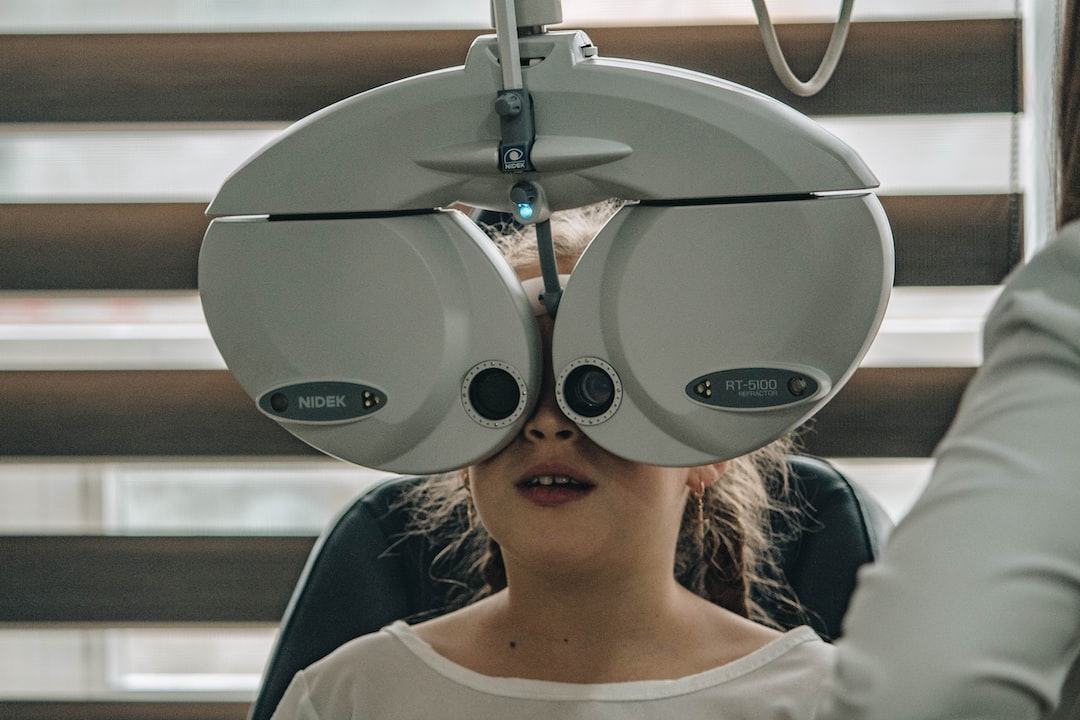Many people are tempted to ignore invitations for routine eye exams, especially if they don’t experience any issues with their eyesight. But this is a dangerous mistake.
Regular eye exams are crucial because they detect early signs of severe medical conditions like diabetes and high blood pressure.
Contents
Early Detection of Eye Diseases
Most people think they only need to schedule their annual physical with their primary care physician, but scheduling regular comprehensive eye exams is just as important. It’s often the only way to catch common age-related eye conditions early, prevent severe vision loss and maintain a high quality of life.
Eye doctors use specialized tools, including slit-lamp testing, to look at the structures of the front and inside of your eyes and the area around them. These tests detect diseases and health issues like diabetes, high blood pressure, and stroke.
These conditions often don’t have any visible symptoms in their early stages. Only visiting the eye doctor will help diagnose them and take action before they become more serious.
Early Detection of Diabetic Eye Disease
More than 30 million Americans have diabetes, and another 84 million have prediabetes. Those with diabetes are at risk of developing diabetic eye disease, the leading cause of blindness in adults. Diabetic retinopathy has no symptoms in the early stages, so only a comprehensive dilated eye exam can detect it.
This is why scheduling regular eye exams with an optometrist is so important. In addition to detecting eye diseases, they can provide clues to general health issues, such as diabetes, high blood pressure, sickle cell disease, and rheumatoid arthritis. People with diabetes must have a dilated eye exam at least once a year. Early detection and treatment can help limit vision loss.
Early Detection of Glaucoma
Glaucoma is a disease that causes pressure to build up inside your eyes. It can cause vision loss and even blindness if not treated. Symptoms of glaucoma are often mild or nonexistent, so it is essential to get regular eye exams to detect this condition early on.
During a comprehensive eye exam, your doctor will perform a series of tests to check for eye diseases and vision problems. She will test your ability to see clearly at a distance and up close and may ask about your medical history. She will also use a device that shines a light on your retina to record a digital image.
Your doctor will also measure the pressure in your eyes (intraocular pressure), either by directing a puff of air into your eye or touching the front of your cornea. This is done using a gentle touch and does not cause any pain or lasting discomfort.
Early Detection of Cataracts
Eye diseases like cataracts, which can lead to blindness, can be detected with a thorough eye exam. This can allow the patient to get early treatment and prevent irreversible damage.
A comprehensive eye exam also helps identify other medical conditions linked to vision problems. For example, blurred vision is often a sign of high cholesterol, diabetes, and sleep apnea. An eye exam can help patients determine if they need to be seen by another doctor specializing in these diseases.
Aside from checking for eye diseases and vision impairments, regular visits to the eye doctor can also help children succeed in school. According to studies, more than 80 percent of what children learn in and out of the classroom requires good vision.
Early Detection of Macular Degeneration
An eye exam can identify vision problems, such as macular degeneration, which can cause blindness. Early detection means it’s easier to slow down the progression of the disease and get treatment.
People with a family history of macular degeneration need regular eye exams. Eye doctors can spot signs of the disease, such as blurry central vision and the development of new, leaky blood vessels that can damage the macula in its early stages.
Eye doctors can also detect health conditions, such as diabetes and high blood pressure, that affect the eyes. These conditions can lead to blurry vision and other health problems. Many of these conditions are difficult or impossible to cure in their late stages, so regular eye exams are a great way to protect your health and vision.



